Credit / Debit Cards
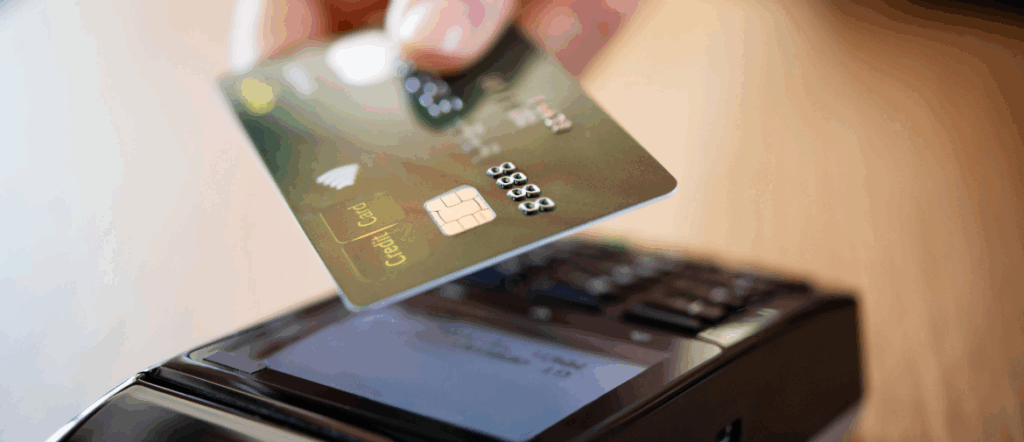
Credit Card
How can I get credit?
- a low annual fee
- a low APR, or annual percentage rate
- lower fees:
a.) If a payment is late
b.) If you go over your credit limit - a long grace period. This is the time between when you spend money and when the card charges you interest. Look for one that is at least 25 days long.
If you cannot get a regular credit card, try to get a secured credit card. Apply only for cards that report your history to the three credit reporting companies.
Look for a secured card with:
- no application fee
- a low APR, or annual percentage rate
- lower annual fees
- no processing fees
- higher interest rates on the money you deposit
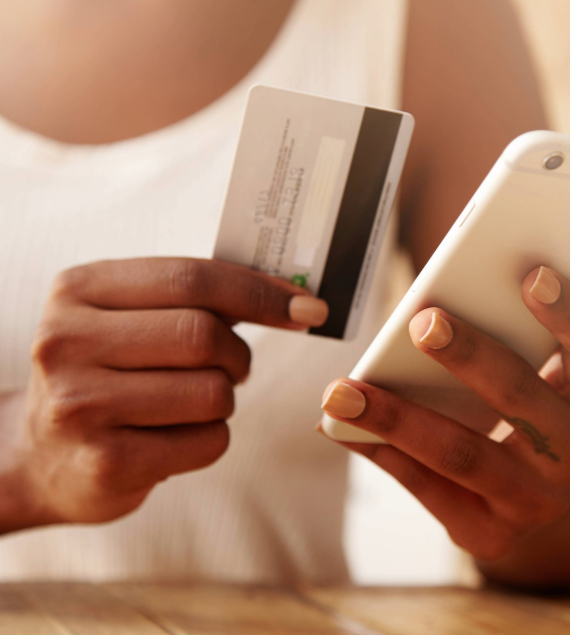
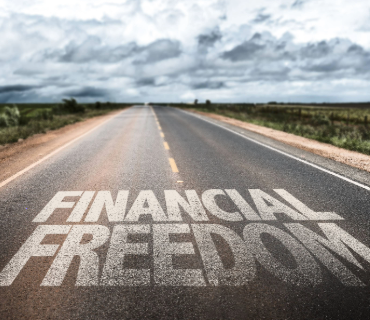
How can I improve my credit?
- Use your credit card a few times a month.
- Buy things you can pay for that month.
- Pay the whole credit card bill every Do not leave a balance on your card.
- Pay your bill by the date it is Paying even one day late will cost you money.
People who do this start to see a better credit history. But it takes time.
Getting a credit card
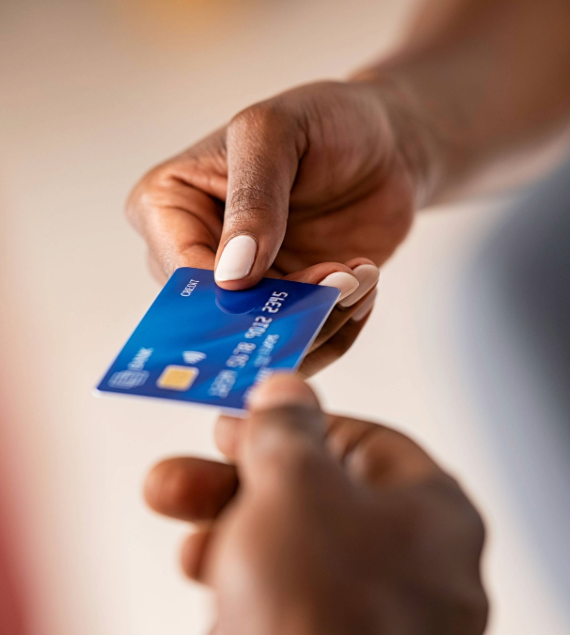
Getting a Credit Card
How do credit cards work?
When you use a credit card, you’re borrowing money to buy something now. Later, you pay back the money, usually with interest.
You get a bill once a month for everything you buy with the credit card.
How do I get a credit card?
Banks and credit unions offer credit cards. You’ll need to apply if you want a credit card. When you apply, they check your credit history to decide:
- if you’ll get a credit card
- how much you’ll pay in interest and fees
Read Your Credit History Explained at consumer.gov/credit to learn more about your credit history.
How do I compare credit cards?
Compare at least three cards to get the best deal. Look for:
- a low or no annual This is what you pay to use the card for a year.
- a low APR, or annual percentage This is how much interest you pay every year.
- lower fees for things like paying late or going over your credit limit
What if I can't get a credit card?
You might be able to get a secured credit card. That means you deposit money with the bank or credit union. Then you spend that money by using the secured credit card.
Secured credit cards can help you build or improve your credit history. Just make sure you pick one that sends your information to the three credit bureaus.
Read Improving Your Credit at consumer.gov/credit to learn more.
Should I pay my whole credit card bill every month?
If you pay your whole bill every month, you probably won’t pay interest.
You might pay only the minimum amount due, also called the minimum payment. That means you’ll have to pay interest on the amount you didn’t pay back.
If you don’t pay the minimum amount due:
- your interest rate might go up
- you might have to pay fees
- your credit will cost you a lot of money
- it could damage your credit
Debit Card
What's the difference between a debit card and a credit card
With debit cards:
- You don’t get a bill every Money comes out of your checking account right away.
- You don’t pay extra money in interest.
- You don’t build a credit history.
With credit cards:
- You get a bill every month.
- You might pay extra money in interest if you don’t pay the whole bill every month.
- You can build a credit history if you pay your bill on It helps even more if you can pay the whole bill each month when it’s due.
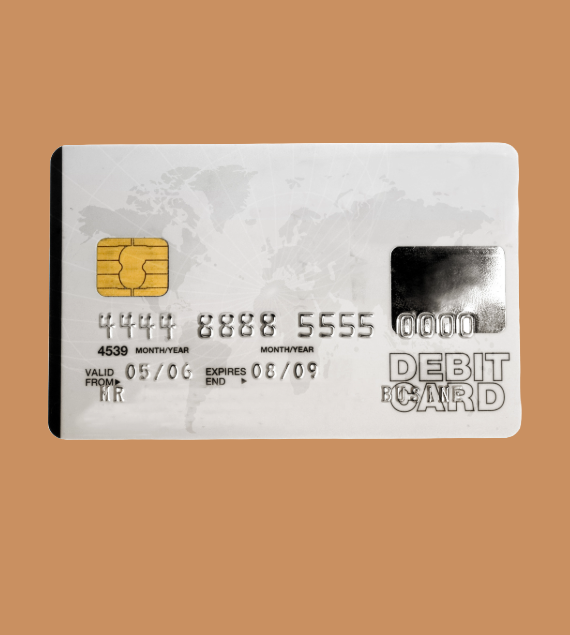

When would I use a debit card?
- buy things without using a check or cash
- get cash back when you buy something at a store
- get cash at an ATM
Some debit cards are free to use, but some have fees.
What if I use all the money in my checking account?

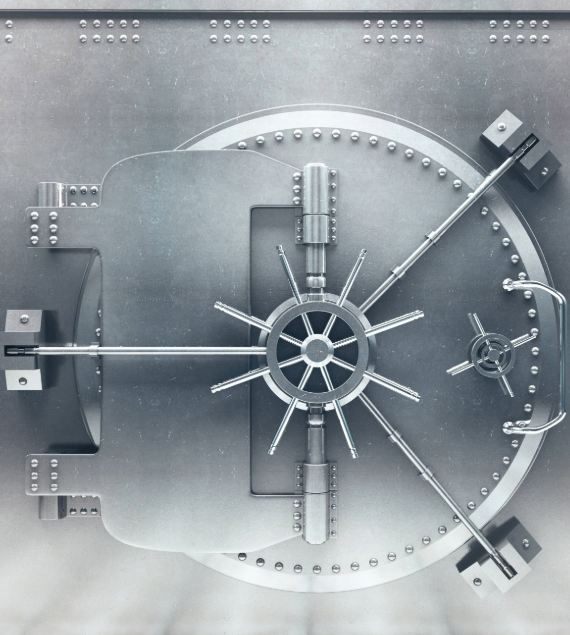
How can I keep my debit card safe?
- Keep your debit card and PIN private. A PIN is a security code that you type in when you use a debit Never share your PIN or card numbers.
- If you lose your debit card, let your bank or credit union know right away. Ask them to cancel the card and send a new card.
- Ask your bank or credit union for account alerts by email or text. These remind you of how much money is in your account.
Your debit card use will show up on the statement you get every month from your bank or credit union. If you see a charge on your statement that you didn’t make, tell your bank or credit union right away. If you wait, you might not get your money back.
